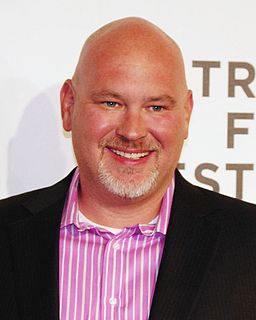A Quote by Sundar Pichai
The right moral compass is trying hard to think about what customers want.
Related Quotes
The foundation of leadership is your own moral compass. I think the best quality leaders really know where their moral compass is. They get it out when they are making decisions. It's their guide. But not only do you have to have a moral compass and take it out of your pocket, it has to have a true north.
God doesn't help. I think that's a knockdown argument. I think that it really shows that whatever moral knowledge we have and whatever moral progress we make in our knowledge or whatever progress we make in our moral knowledge is not coming really from religion. It's coming from the very hard work really of moral philosophy, of trying to ground our moral reasonings.
There's a morality... I think there's a moral compass but whether that comes from religion or just from being a good person, and where one starts and the other begins... I'm a good person, I hope. But I'm never as good as I want to be, never as nice as I want to be, never as generous as I want to be.
It's a long, hard road and it's going to have its bumps; there are going to be times when you fall and times when you don't feel like going on anymore, times when you're just crazy tired but it takes focusing on that one step you're taking. That's what I'm trying to do with the marathon; I don't think about the miles that are coming down the road, I don't think about the mile I'm on right now, I don't think about the miles I've already covered. I think about what I'm doing right now, just being lost in the moment.
By "moral discipline," I mean self-discipline based on moral standards. Moral discipline is the consistent exercise of agency to choose the right because it is right, even when it is hard. It rejects the self-absorbed life in favor of developing character worthy of respect and true greatness through Christlike service.


































